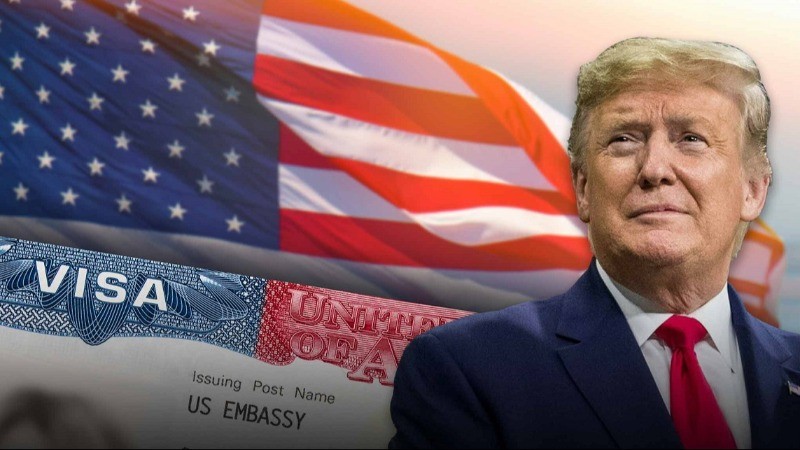
As President-elect Donald Trump prepares for his second term, colleges across the U.S. are adjusting their guidelines for international students due to the harsh immigration measures he's promised to implement. Some universities have even advised students to return to the U.S. before Trump's inauguration to avoid being caught in potential travel restrictions.
During his first term, Trump focused not only on halting illegal immigration but also on slowing down legal immigration, impacting foreign visitors and students dependent on visas. Cornell University, in a late November message, predicted that a travel ban might take effect soon after Trump’s second term begins and encouraged international students and staff to be back in the U.S. before the spring semester starts.
Trump has reaffirmed his commitment to deporting all illegal immigrants, with a focus on criminals, while aiming to simplify the legal immigration process. He emphasized the importance of strict adherence to immigration laws and promised easier entry for those who meet specific requirements, including passing tests and showing a genuine love for the U.S. He also discussed the situation of "Dreamers" and expressed hope for a bipartisan solution to their status.
In a recent interview, Trump outlined his two-pronged immigration plan, which could affect millions, particularly legal immigrants, including those from India. "People who have been treated unfairly are those who have waited in line for 10 years to come in legally. We’re going to make it easier for people to come in legally, but they’ll have to pass tests, know about our country, and love it," Trump said.
On the issue of deportation, Trump emphasized prioritizing criminals, particularly violent gang members like MS-13. "We have to get the criminals out of our country. These are vicious, violent people," he said. Trump also pointed out that many dangerous individuals, including murderers, had been released in recent years and expressed concern for public safety.
When it comes to the "Dreamers"—immigrants brought to the U.S. as children—Trump acknowledged their complicated situation. He noted that many of them are now adults, and some don’t speak the language of their home countries. "We’ll address their situation, but it will require collaboration with Democrats," he said, signaling openness to working across party lines to find a solution.
Despite his tough stance on illegal immigration, Trump has promised to ease the process for those seeking to enter the U.S. legally. "We’ll make it very easy for people to come in who meet the standards. But it must be done legally," he reiterated.
Experts suggest that concerns about the immediate impact of Trump's policies are based on speculation, noting that significant legal challenges would likely arise if his administration tried to use FAFSA data for purposes beyond determining a family’s ability to pay for college.
Nevertheless, the uncertainty surrounding Trump’s immigration plans has led to widespread anxiety, particularly in industries that rely on immigrant labor. According to the Presidents’ Alliance, immigrant-origin students accounted for about one-third of all college students in the U.S. in 2022.
As Trump’s second term approaches, his immigration policy is shaping up to be a balancing act—one that enforces strict measures against illegal immigration while attempting to ensure fairness for those seeking to enter the U.S. through legal channels.